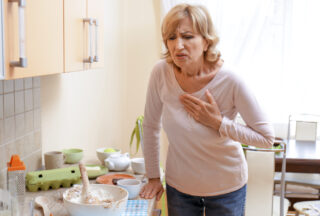Things you should eat and avoid with stroke

A stroke can occur when the blood supply to part of your brain is interrupted or reduced. This prevents brain tissue from getting the necessary oxygen and nutrients. If the brain is unable to get these things, brain cells will die. There are many risk factors to a stroke. Some examples are hypertension, obesity, cholesterol, etc.. One way we can fight back is to look at our diet. Having a good diet is one of the single most important things a person can do to fight back against stroke. A healthy diet will also ensure your body is getting the nutrients it needs to support any neurological or physical healing it needs.
Many medical providers recommend that people follow Mediterranean and Dietary Approaches to Stop Hypertension (DASH) diets in order to ensure overall health and prevent future strokes. Many people have heard of the Mediterranean diet which is a plant-based food diet that contains lots of whole grains, vegetables, legumes, fruits, nuts, seeds, etc… Instead of butter, olive oil is added and is the preferred source for fat. The DASH diet on the other hand was specifically designed to reduce high blood pressure.
According to the American Stroke Association (ASA) high blood pressure is the single biggest risk factor in having a stroke and for this reason the DASH diet plays a vital role by reducing blood pressure. The DASH diet includes foods that are rich in calcium, magnesium and potassium which helps control blood pressure and lower LDL which is the bad cholesterol. Additionally, the diet limits foods high in sodium content, saturated fats and even added sugars. According to some studies, the diet will start working as soon as two weeks.
Foods to avoid are sugar, salt, highly processed foods, saturated fats, trans fats and fried food. Examples of processed foods are cereal, crackers, certain bread, chips and bacon. The U.S National Library of Medicine recommends getting no more than 10% of your daily calories from saturated fats. This is equal to 16-20 grams. An example to put this into perspective is a single slice of bacon is 9 grams of saturated
fats. If you eat two slices you are already at your limit for the day.

This article reviewed by Ms. Deb Dooley.
There’s nothing more important than our good health – that’s our principal capital asset.
#medical #telehealth #stroke #diet #umedoc




